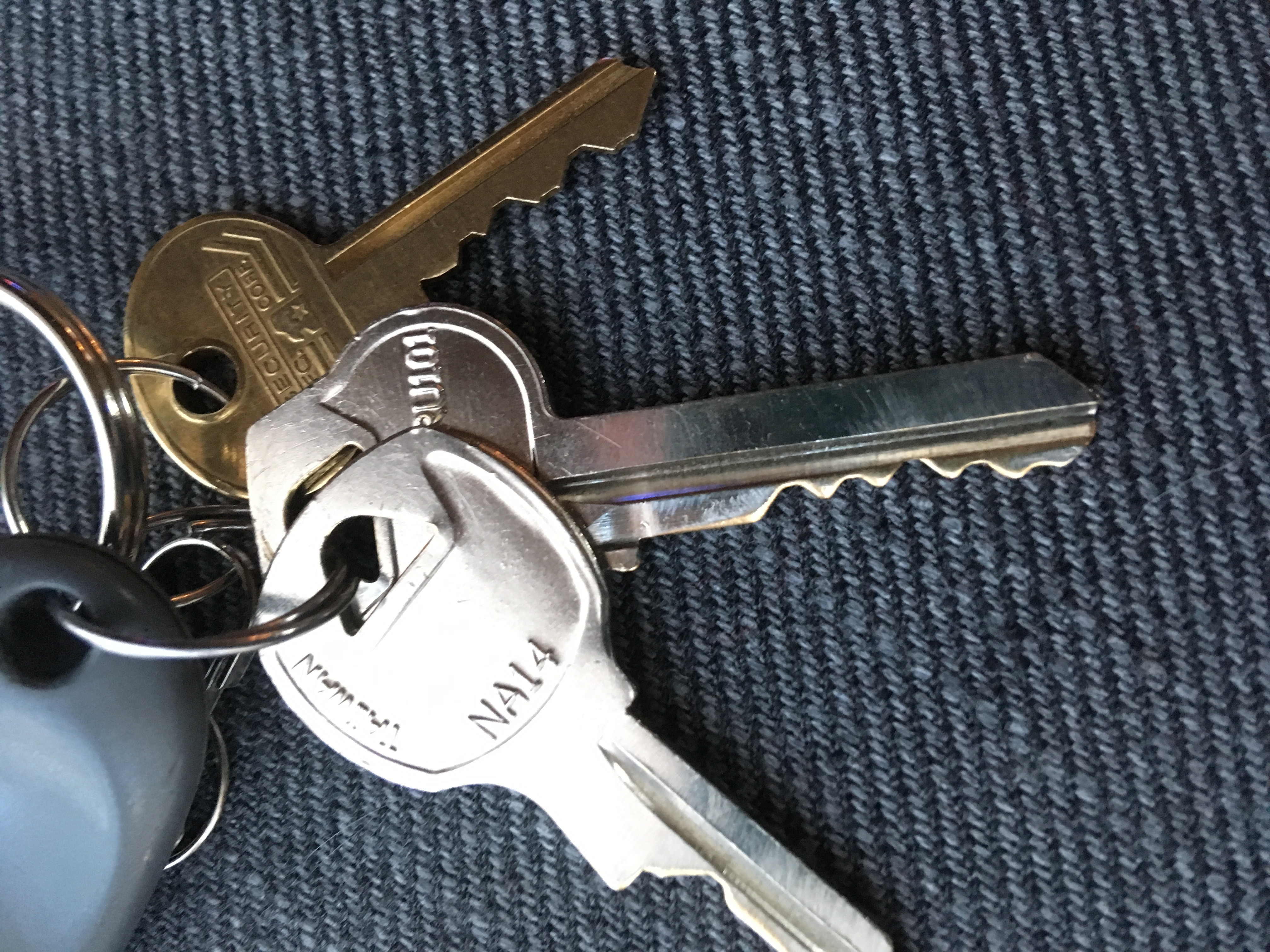3 Keys to Leadership Productivity
Once you become a corporate leader, you often wonder what happened to your time. I remember one boss telling me I could get more done in an eight-hour day than anyone she’d ever seen. I took great pride in that. Then I became a boss.
My Evenings Are Not That Exciting
I had people in my office all the time interrupting me. One employee liked to make a point of saying “good morning, how was your evening” every fricking day. I realized he was trying to be polite and sociable, as well as trying to impress on me that he was there and ready to roll. But it just interrupted my flow. My evenings weren’t that interesting.
Another Use For Kitchen Timers
I knew another manager who would arrive early to work to organize her day. She had an employee who did something similar, and part of organizing his day was to drop into her office for a long talk. She eventually brought in a kitchen timer and gave him 10 minutes of her early morning time. He still didn’t seem to get the hint. I heard that she left that job after about a year.
Many new managers have that shell-shocked what-happened-to-my-day look in their eyes. While I don’t recommend the kitchen timer approach for most employees, there are things you can do to help channel the flow of people and still keep your door open and yourself available most of the time.
Allot and Plan
- Allot time. When you’re planning your work, the work that you must do and can’t delegate (have you signed up for my “checklist for delegating”? Form is to the right of this post…), get in the habit of allotting time for it, not just making a long to-do list. Write employee performance review – at least one hour, but can you chunk that? Write parts of it in 10-15 minute increments? Travel receipts to sign off on? 20 minutes? Hours of time are a luxury you will now rarely have. You’ll have to figure out how to use smaller amounts of time.
- A corollary to this is that your employees need you to do certain things that only you can do, such as sign off on travel, training, timecards, etc. Make sure that you make those a priority; set a daily time to review those things and get them off your desk or out of your e-mail. Don’t become a roadblock for these necessary, but routine items. Get them done. Your team will love you for it.
- Plan for closed-door time. Your primary job as a corporate leader is to be available to your people, to help steer their efforts, answer their questions, keep them on the straight and narrow. But there are times when you need to close the door (or head for a “cave” in open office space). There are certain things, such as writing up either awards or disciplinary actions, that need to be kept private. If you put this time on your calendar on a regular basis, say three times a week, your staff will become accustomed to it. Plus, when you need to take someone to the proverbial woodshed, it won’t be as obvious.
- Plan for reflection time. Ever sit at your desk and wonder, “What just happened?” Reflection is a powerful tool for learning and dealing with people. It’s often hard to get that time in a corporate setting, so you must try to plan for it. Fortunately, this time can be disguised as a leisurely stroll for a cup of coffee. Get in the habit of evaluating your calendar for potentially stressful moments and make every effort to schedule a little down time afterward. Getting away from the scene of the crime, giving yourself physical and mental space, can be a highly effective tool for dealing with the stresses of leadership.
Your Productivity Matters, Too
Many articles focus on the effect of leadership on employee productivity. But the leader’s productivity matters, too. How you use and structure your time will set an example (good or bad) for your team. And you will have far fewer days where you wonder “where did my day go?”


